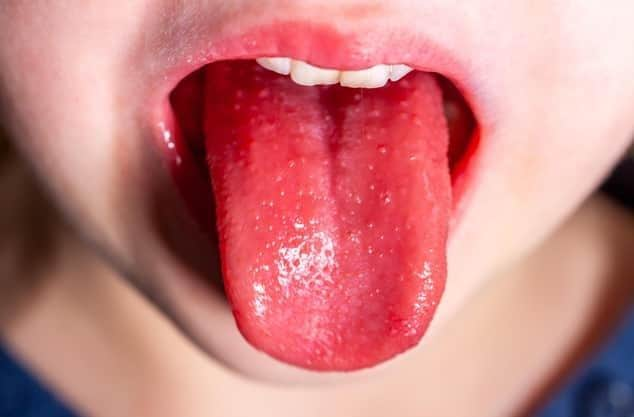Strep A: Here's what to do if you suspect your child might have symptoms and everything else you need to know
and live on Freeview channel 276
Lancashire’s director of public health, Dr Sakthi Karunanithi, said parents should make themselves aware of the symptoms and take children to a doctor as quickly as possible if concerned.
Here’s everything you need to know about Strep A …
What is Strep A?


Strep A - or Group A streptococcus (GAS) - can cause many different infections, ranging from minor illnesses to more serious and deadly diseases.
Advertisement
Hide AdAdvertisement
Hide AdThey include impetigo, scarlet fever and strep throat, which typically arise during the winter months.
While the vast majority of infections are relatively mild, sometimes the bacteria can cause serious and life-threatening invasive Group A Streptococcal (iGAS) disease. This occurs when the bacteria gets into the blood, deep muscle or lungs.
It is this that has caused the deaths of nine children in the UK this winter.


What are the Strep A symptoms to look out for?
General symptoms for Strep A include pain when swallowing, fever, swollen tonsils with white patches, swollen neck glands, a high temperature or a skin rash. To break it down ...
If Strep Throat is suspected look for:
A sore throat that can come on very quickly
Pain when swallowing
A fever
Advertisement
Hide AdAdvertisement
Hide AdRed and swollen tonsils, sometimes with white patches or streaks of pus
Small red spots on the roof of the mouth
Swollen lymph nodes in the front of the neck
If the bacteria causes Scarlet fever, symptoms include:
A very red and sore throat
A very high fever or chills
A whitish coating on the tongue
A strawberry-looking (red and bumpy) tongue
A red skin rash that has a sandpaper feel
Swollen glands in the neck
Headache or body aches
Nausea, vomiting, or abdominal pain
If the bacteria causes impetigo, look for:
Itchy, red sores that break open and leak a clear fluid or pus for a few days leaving a crusty yellowish scab, which then heals without leaving a scar.
How is the bacteria transmitted?
Bacteria are present in a person’s saliva and nasal discharge so talking, sneezing and coughing can cause it to spread from person to person via respiratory droplets. People can also become infected by sharing cups or other utensils with an infected person.
Who is most at risk?
It is most common in children aged from 5 to 15 years old. It is rare in children younger than 3 years old.
What should I do if I suspect my child is ill with it?
Advertisement
Hide AdAdvertisement
Hide AdIf you have any concerns about symptoms your child might be showing, seek medical advice from either the 111 phoneline or your GP as quickly as possible.
How is it treated?
With antibiotics. The patient should start feeling better within a few days of starting treatment.
How has it become such a problem, is it a new strain?
It is thought that a lack of exposure to infections while measures were in place to control the spread of Covid-19 is behind the current surge in cases.
Because of this, people have not built up as much immunity as in previous years. There is currently no evidence that a new strain is circulating.
How worried should I be about iGAS?
Advertisement
Hide AdAdvertisement
Hide AdWhen the bacteria enters the blood it can cause extremely severe infections, known as invasive group A streptococcus (iGAS) disease – which has been responsible for the nine recorded deaths in the UK. Early symptoms include fever, dizziness, confusion, low blood pressure, a rash and abdominal pain. It should be noted this is rare, however. If you suspect iGAS call 999 or visit A&E immediately.